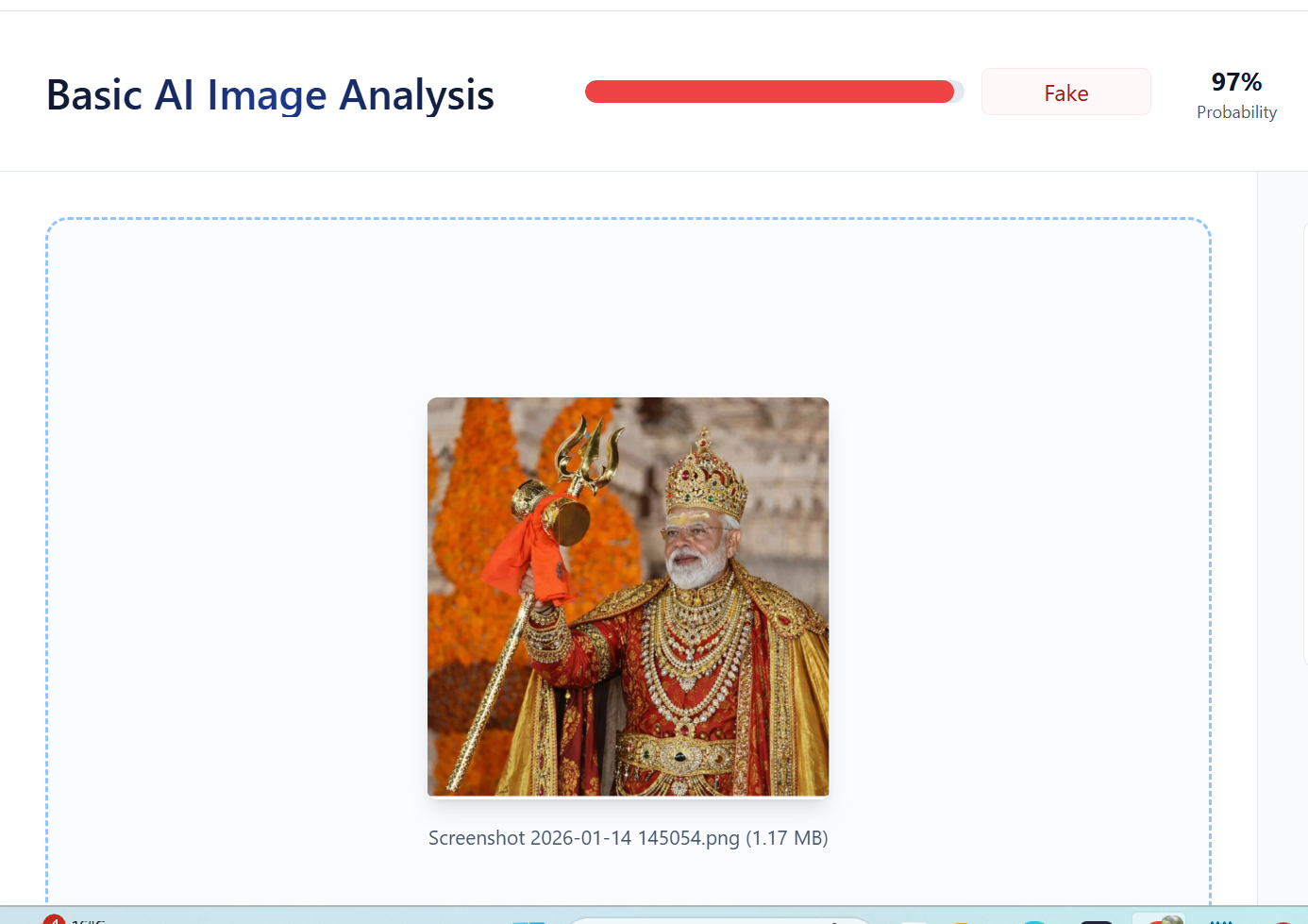Neuro Rights: Privacy in the Age of Advanced Technology
In an era defined by perpetual technological advancement, the hitherto uncharted territories of the human experience are progressively being illuminated by the luminous glow of innovation. The construct of privacy, once a straightforward concept involving personal secrets and solitude, has evolved into a complex web of data protection, consent, and digital rights. This notion of privacy, which often feels as though it elusively ebbs and flows like the ghost of a bygone epoch, is now confronted with a novel intruder – neurotechnology – which promises to redefine the very essence of individual sanctity.
Why Neuro Rights
At the forefront of this existential conversation lie ventures like Elon Musk's Neuralink. This company, which finds itself at the confluence of fantastical dreams and tangible reality, teases a future where the contents of our thoughts could be rendered as accessible as the words we speak. An existence where machines not only decipher our mental whispers but hold the potential to echo back, reshaping our cognitive landscapes. This startling innovation sets the stage for the emergence of 'neurorights' – a paradigm aimed at erecting a metaphorical firewall around the synapses and neurons that compose our innermost selves.
At institutions such as the University of California, Berkeley, researchers, under the aegis of cognitive scientists like Jack Gallant, are already drawing the map of once-inaccessible territories within the mind. Gallant's landmark study, which involved decoding the brain activity of volunteers as they absorbed visual stimuli, opened Pandora's box regarding the implications of mind-reading. The paper published a decade ago, was an inchoate step toward understanding the narrative woven within the cerebral cortex. Although his work yielded only a rough sketch of the observed video content, it heralded an era where thought could be translated into observable media.
The Growth
This rapid acceleration of neuro-technological prowess has not gone unnoticed on the sociopolitical stage. In a pioneering spirit reminiscent of the robust legislative eagerness of early democracies, Chile boldly stepped into the global spotlight in 2021 by legislating neurorights. The Chilean senate's decision to constitutionalize these rights sent ripples the world over, signalling an acknowledgement that the evolution of brain-computer interfaces was advancing at a daunting pace. The initiative was spearheaded by visionaries like Guido Girardi, a former senator whose legislative foresight drew clear parallels between the disruptive advent of social media and the potential upheaval posed by emergent neurotechnology.
Pursuit of Regulation
Yet the pursuit of regulation in such an embryonic field is riddled with intellectual quandaries and ethical mazes. Advocates like Allan McCay articulate the delicate tightrope that policy-makers must traverse. The perils of premature regulation are as formidable as the risks of a delayed response – the former potentially stifling innovation, the latter risking a landscape where technological advances could outpace societal control, engendering a future fraught with unforeseen backlashes.
Such is the dichotomy embodied in the story of Ian Burkhart, whose life was irrevocably altered by the intervention of neurotechnology. Burkhart's experience, transitioning from quadriplegia to digital dexterity through sheer force of thought, epitomizes the utopic potential of neuronal interfaces. Yet, McCay issues a solemn reminder that with great power comes great potential for misuse, highlighting contentious ethical issues such as the potential for the criminal justice system to over extend its reach into the neural recesses of the human psyche.
Firmly ensconced within this brave new world, the quest for prudence is of paramount importance. McCay advocates for a dyadic approach, where privacy is vehemently protected and the workings of technology proffered with crystal-clear transparency. The clandestine machinations of AI and the danger of algorithmic bias necessitate a vigorous, ethical architecture to govern this new frontier.
As legal frameworks around the globe wrestle with the implications of neurotechnology, countries like India, with their burgeoning jurisprudence regarding privacy, offer a vantage point into the potential shape of forthcoming legislation. Jurists and technology lawyers, including Jaideep Reddy, acknowledge ongoing protections yet underscore the imperativeness of continued discourse to gauge the adequacy of current laws in this nascent arena.
Conclusion
The dialogue surrounding neurorights emerges, not merely as another thread in our social fabric, but as a tapestry unto itself – intricately woven with the threads of autonomy, liberty, and privacy. As we hover at the edge of tomorrow, these conversations crystallize into an imperative collective undertaking, promising to define the sanctity of cognitive liberty. The issue at hand is nothing less than a societal reckoning with the final frontier – the safeguarding of the privacy of our thoughts.
References:











.webp)
